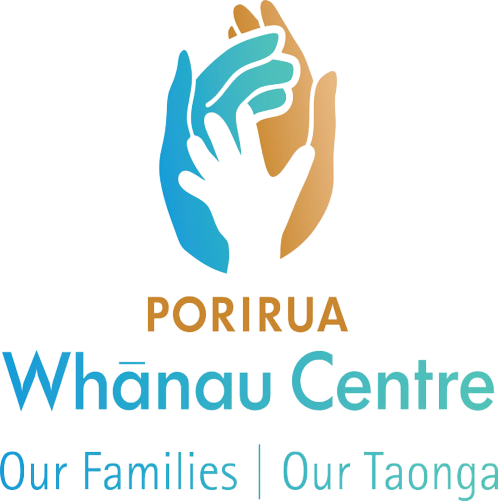Kai boxes bring relief but only for those already getting support
Tuesdays are one of the Porirua Whānau Centre’s busiest days as the crew goes about sorting and distributing food boxes.
Every Tuesday, Porirua Whānau Centre becomes a hive of activity as up to 60 kai boxes from Kiwi Community Assistance are packed and prepared for distribution.
Each one is about the size of a banana box and stacked high with a generous variety of goods: fresh fruit and veg, meat, milk, yoghurt, canned staples, and household cleaning products.
But this isn’t a food bank for walk-ins. These boxes are strictly prioritised for individuals and whānau already engaged with the Whānau Centre’s support services.
Building Financial Capability Facilitator Christine Tawhara sees the need first-hand.
“People ring up asking for a kai box, but unless they’re already working with us, through budgeting, counselling, parenting or housing programmes, they won’t be added to the list,” she explains.
“It’s not about being unfair. It’s about making sure the support is part of a bigger plan.”
Christine works with around ten clients each week to help them stretch already tight household budgets.
“A lot of the people I see are on low incomes or benefits. Their rent might be manageable through social housing, but their grocery bill can be higher than their rent, especially with families of four or five children.”
When there’s simply not enough left after the bills are paid, a kai box can offer real relief.
“It doesn’t save them hundreds but it might free up $50 that they can put toward overdue power bills or rent, or even something like car registration.”
The effect isn’t just financial. People feel the pressure ease a bit.
“You see it straight away. Then when I catch up with them a couple of weeks later, they’ll tell me how they managed to use that little bit of extra money to deal with something urgent.”
Christine says winter has brought an increase in demand.
“Power bills are huge right now, some over $300, and some families are living in homes that don’t meet Healthy Home standards. There’s only so much they can cut back on, and many are already going without.”
That’s why, she says, the Whānau Centre is clear: kai boxes are a targeted tool to support those already taking steps to improve their circumstances.
“We’re here to walk alongside people, not just hand them something and send them away.”


